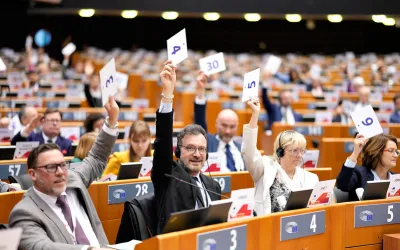Our work
About us - Political priorities

Cohesion
Cohesion
Cohesion is about making sure that no people and no places are left behind. As progressive local and regional leaders, we believe that the EU must do more to reduce inequalities in our communities — from rural villages to urban centres, from outermost regions to mountainous areas. This means more investment in public services, affordable housing, and good jobs. We are calling on the EU to reinforce cohesion policy as a pillar of European integration, and to ensure that the policy continues to deliver economic, social and territorial cohesion for all regions. Local and regional authorities know what works on the ground, and they must remain at the centre of this policy. As PES members in the European Committee of the Regions, we will mobilise local actors to build a stronger cohesion policy, shape the European Housing agenda, and promote quality public services across Europe. We want a European Union that supports sustainable development, empowers communities, and builds a better future for everyone, everywhere.

Democracy
Democracy
Democracy is under growing pressure — from extremist forces, autocratic regimes, and economic powers that seek to undermine public trust. The EU must defend its founding values: democracy, the rule of law, and fundamental rights. To meet today’s challenges, Europe needs stronger, more transparent and participatory decision-making. Gender equality and intergenerational justice must be mainstreamed in all policies. The EU must also support Ukraine’s path to accession and EU enlargement in general, promote a humane migration policy, fight disinformation, and protect media freedom. As the level closest to citizens, local and regional representatives are key to restoring trust in democracy. Cities and regions are where people engage, where inclusion happens, and where new forms of participation can take root. The PES Group in the European Committee of the Regions is committed to reinforcing democracy from the ground up — promoting participatory dialogues, fighting all forms of discrimination, promoting the participation of women at all levels, and demanding a stronger voice for regions and cities in EU decision-making.

Quality of life
Quality of life
Improving quality of life means ensuring everyone in Europe has access to what matters most: decent jobs, affordable housing, clean energy, healthcare, education, and healthy food. As we shape the green and digital transitions, the EU must ensure that these transformations are fair and inclusive, creating new opportunities and bringing social progress. As progressives, we call for the full implementation of the European Pillar of Social Rights, providing high-quality jobs, regulating algorithms and fighting against poverty. The EU must deliver on reaching carbon neutrality by 2050, support a sustainable Common Agricultural Policy, invest in renewable energy, and ensure digital innovation respects citizens’ rights. Local and regional authorities are at the forefront of these transitions. They plan sustainable cities, lead climate adaptation, promote social innovation, and ensure public services reach everyone. The PES Group in the European Committee of the Regions is pushing for a fair transition, high-quality public services, and gender equality.
Commissions
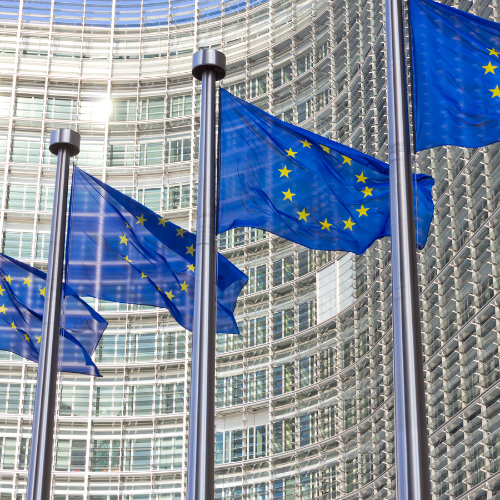
From a socialist and progressive perspective, the CIVEX Commission for Citizenship, Governance, Institutional and External Affairs covers some of the most politically sensitive topics, such as migration, human rights and enlargement, as well as external relations, subsidiarity and governance-related issues. The Conference on the Future of Europe as a horizontal issue linked to democracy and possibly Treaty changes also falls under the CIVEX remit. As such, the CIVEX commission is crucial in achieving some of the most important political priorities of the PES group, particulary in strengthening the EU' s democratic foundations of the EU and improve its governance through active subsidiarity, as well as to ensure that an EU framework for migration is delivered taking into due account the voices of cities and regions. Furthermore, it is through the CIVEX Commission that Local and Regional Authorities will seek to have their voices heard in the Conference on the Future of Europe.
The CIVEX commission mirrors several parliamentary committees in the European Parliament, among which AFET, DROI, LIBE, AFCO and DEVE. CIVEX also interacts with different Directorates-General (DG) of the European Commission: the DGs for Neighbourhood and Enlargement Negotiations (NEAR), International Cooperation and Development (DEVCO), Migration and Home Affairs (HOME).
The remit of the CIVEX Commission covers the following fields:
- Area of Freedom, Security and Justice
- Immigration Policy, asylum and visas
- EU Charter of Fundamental Rights
- Active Citizenship
- Devolution
- Constitutional Affairs
- Governance, better Law-Making, Subsidiarity and Proportionality
- External Relations, including administrative external cooperation and capacity building
- International Treaties and negotiations, terrorism and border controls
- Neighbourhood Policy (including Eastern Partnership and Euro-Med cooperation), decentralised cooperation for development and EU enlargement issues
In addition, CIVEX is responsible for the following bodies (related to CIVEX remits):
- CORLEAP
- ARLEM
- Working Groups and Joint Consultative Committees
- Ukraine Task Force
- Nicosia Initiative (cooperation with Libyan municipalities)
- Portal of Decentralised Development Cooperation
- Cities and Regions for Integration initiative
- Subsidiarity Monitoring Network (supports all Committee’s commissions)
- High-Level Group Congress of the Committee of the Regions
Contact persons in the PES Group secretariat:
Members










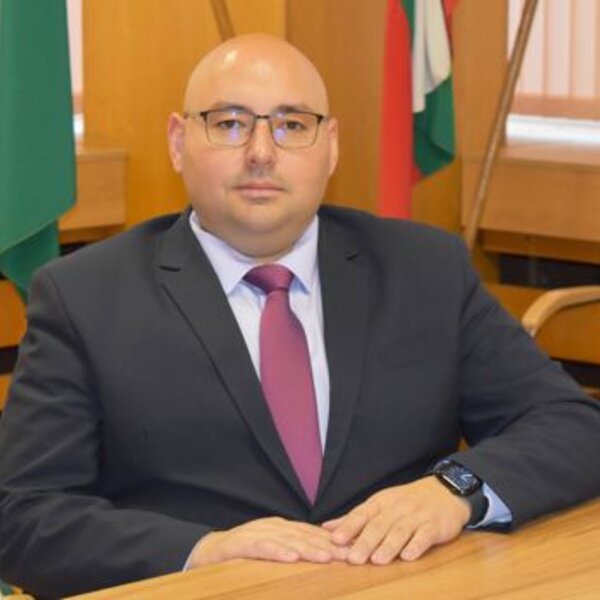

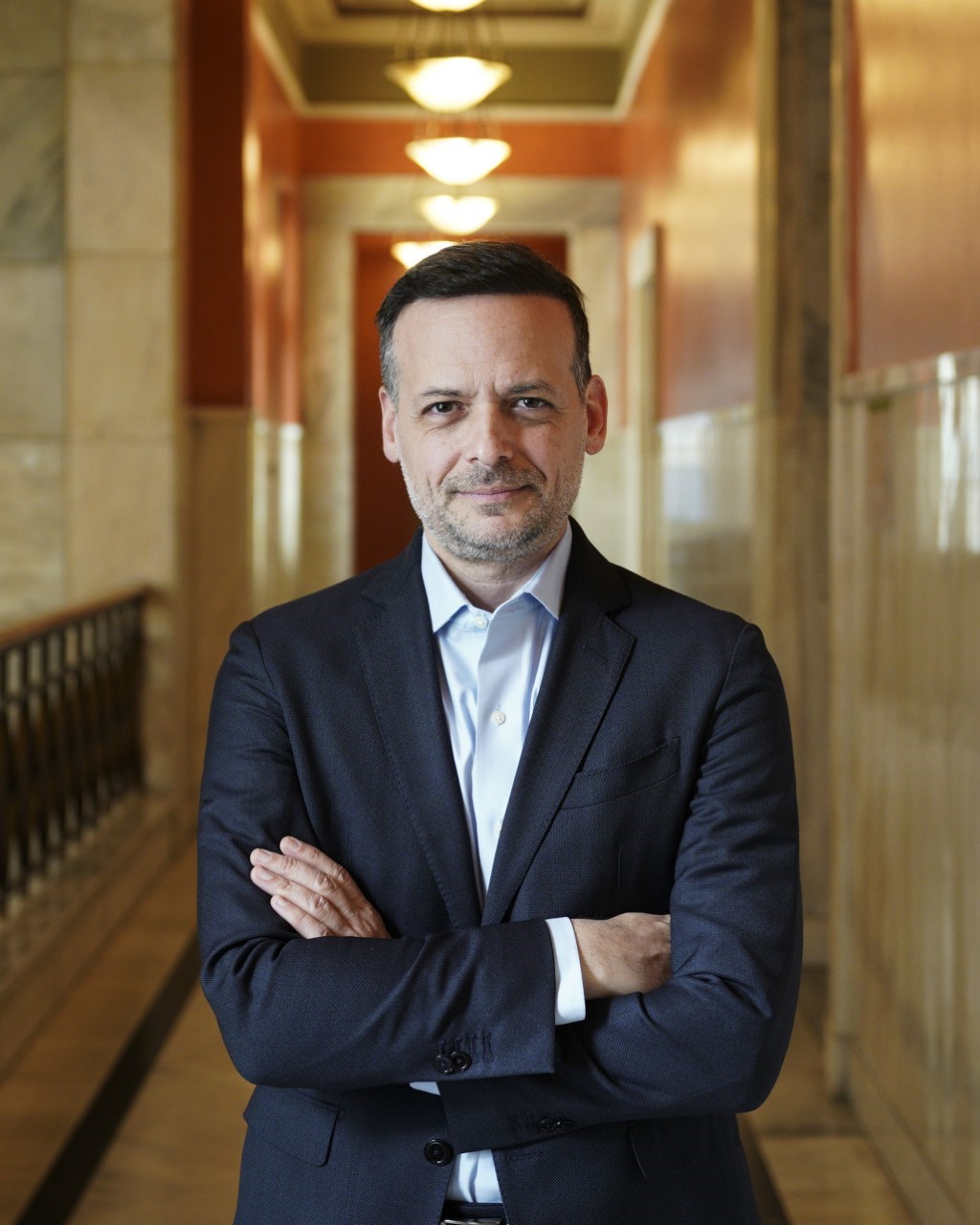







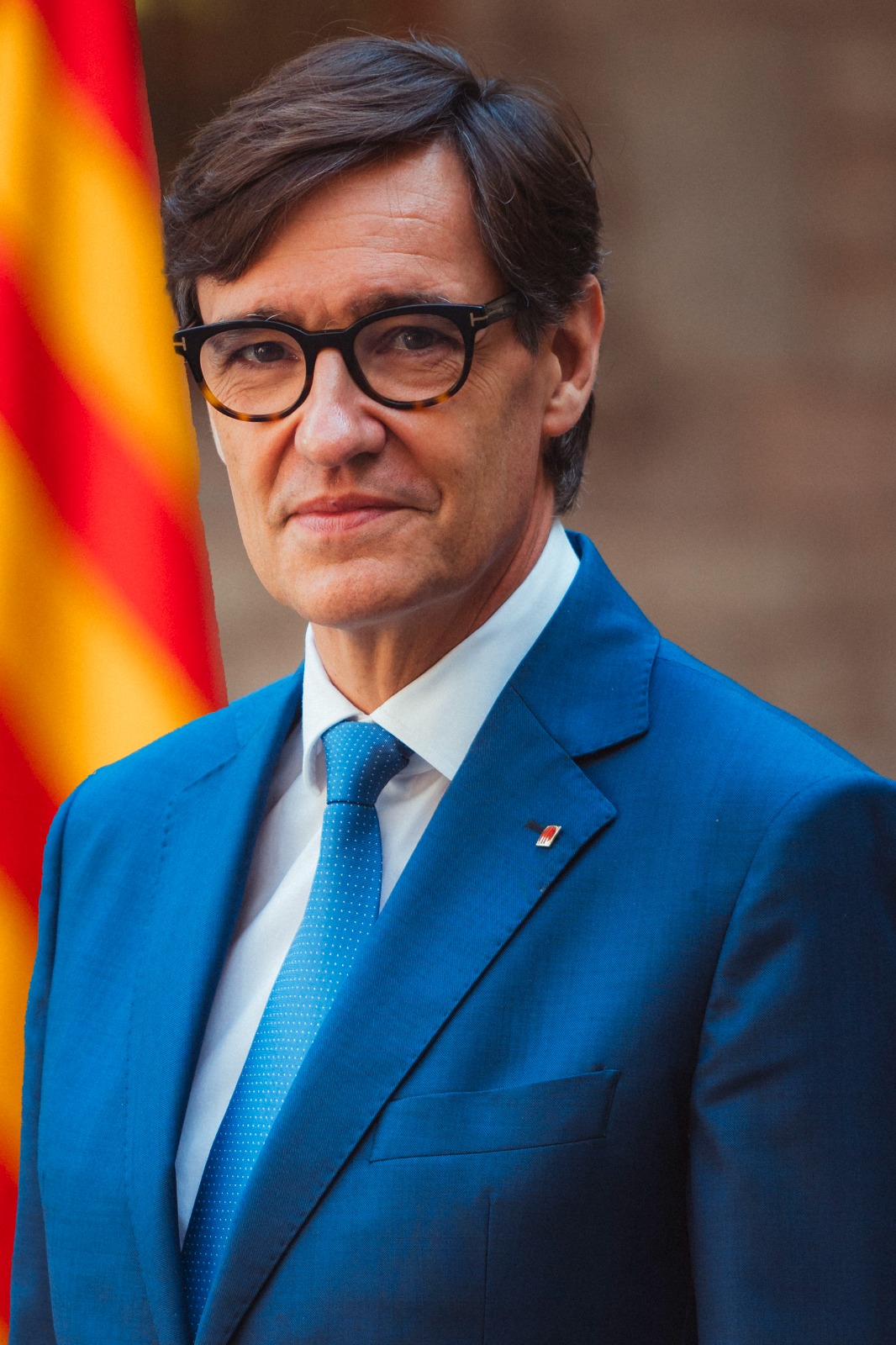

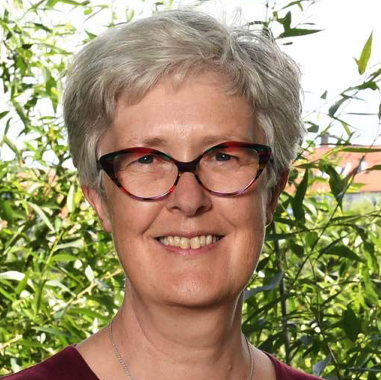



























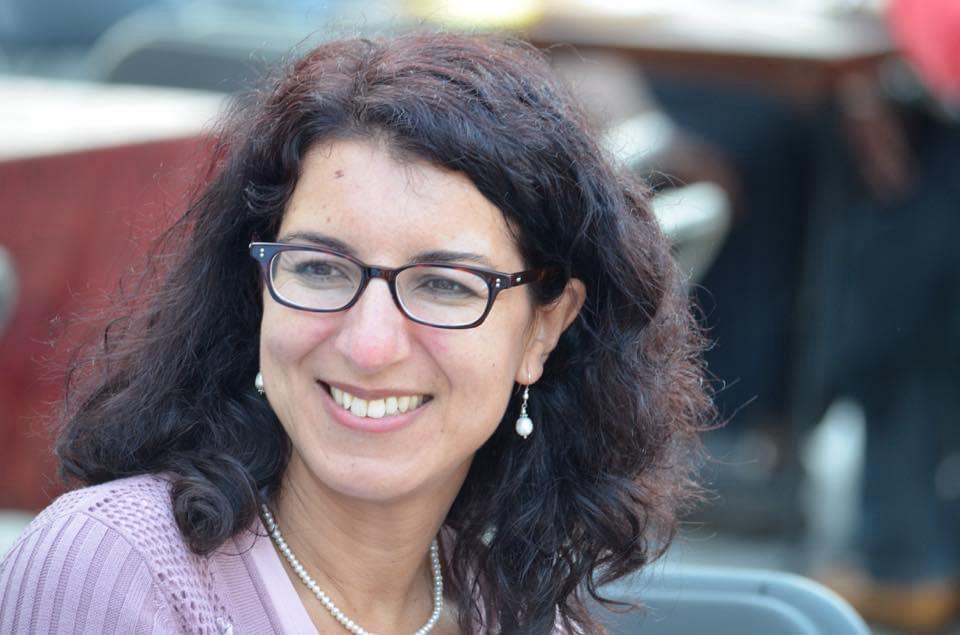






From a socialist and progressive perspective, the COTER commission for Territorial Cohesion Policy and EU Budget deals with important topics for the future of regions and cities in Europe. European Structural and Investment Funds, cohesion in urban and rural areas, the territorial approaches, territorial cooperation and transport and urban policies are main drivers of change. They allow the implementation of integrated strategies based on the needs identified in cities and regions. Within the COTER commission, we focus on building a more cohesive Europe based on solidarity, ensuring that no people and no places are left behind.
The remit of the Commission for Territorial Cohesion Policy and EU Budget covers the following fields:
- EU Budget and Multiannual Financial Framework Economic, Social and Territorial Cohesion
- Cohesion Policy Funds
- Territorial Development, including the Territorial Agenda
- Urban Policy
- Spatial Planning and Housing
- Territorial Cooperation including Cross-border Cooperation and Macro-regional Strategies
- Transport policy, TEN-T and Missing Links
- Regional Statistics and Indicators
Contact persons in the PES Group secretariat:
Members








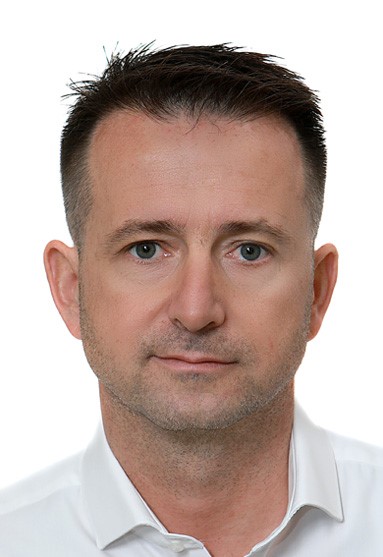






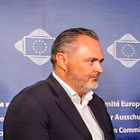






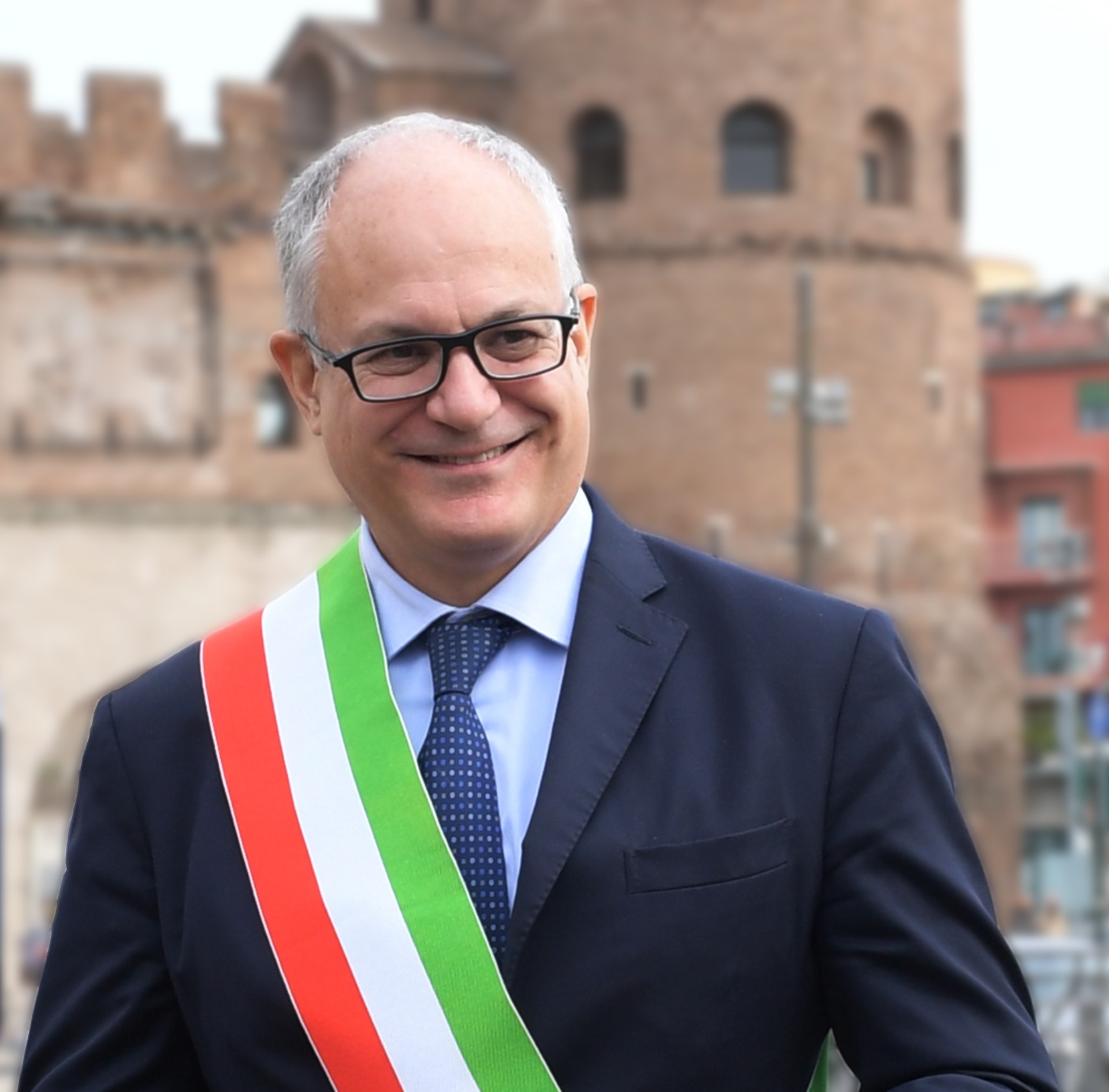





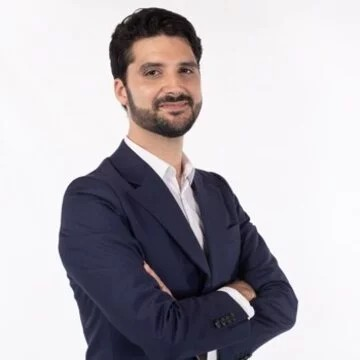







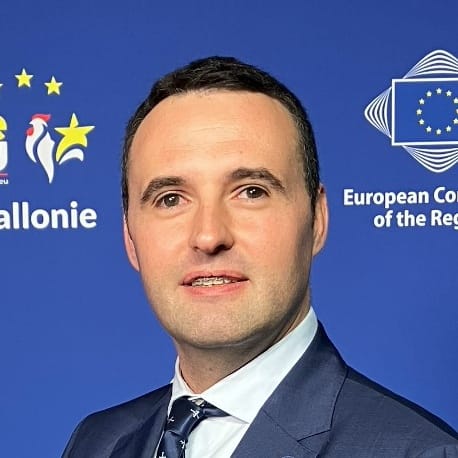













From a socialist and progressive perspective, the ECON Commission for Economic Policy is particularly politically sensitive, as it relates notably to economic governance, public investment, competition policy and public services, the governance aspects of the Sustainable Development Goals (SDGs) as well as trade policy, including the follow-up to negotiations with the United Kingdom.
The ECON commission mirrors several parliamentary committees in the European Parliament, among which ECON, IMCO, INTA and ITRE. ECON also interacts with different Directorates general (DG) of the European Commission, among which: the DGs for Internal Market, Industry, Entrepreneurship and SMEs (GROW), for Defence Matters (DEF), for Competition Policy (COMP), for Financial Stability, Financial Services and Capital Markets Union (FISMA), for Economic and Financial Affairs (ECFIN), for Trade (TRADE), for Regional and Urban Policy (REGIO), and for Structural Reform Support (REFORM).
The remits of the Commission for Economic Policy cover the following fields:
- Single Market and the Digital Single Market
- Public procurement and competition
- Sustainable Development Goals (SDGs)
- Investment
- SMEs, entrepreneurship and industry
- LRAs in Economic Governance
- Economic and Monetary Union
- Trade and globalisation
Contact person in the PES Group secretariat:
Members








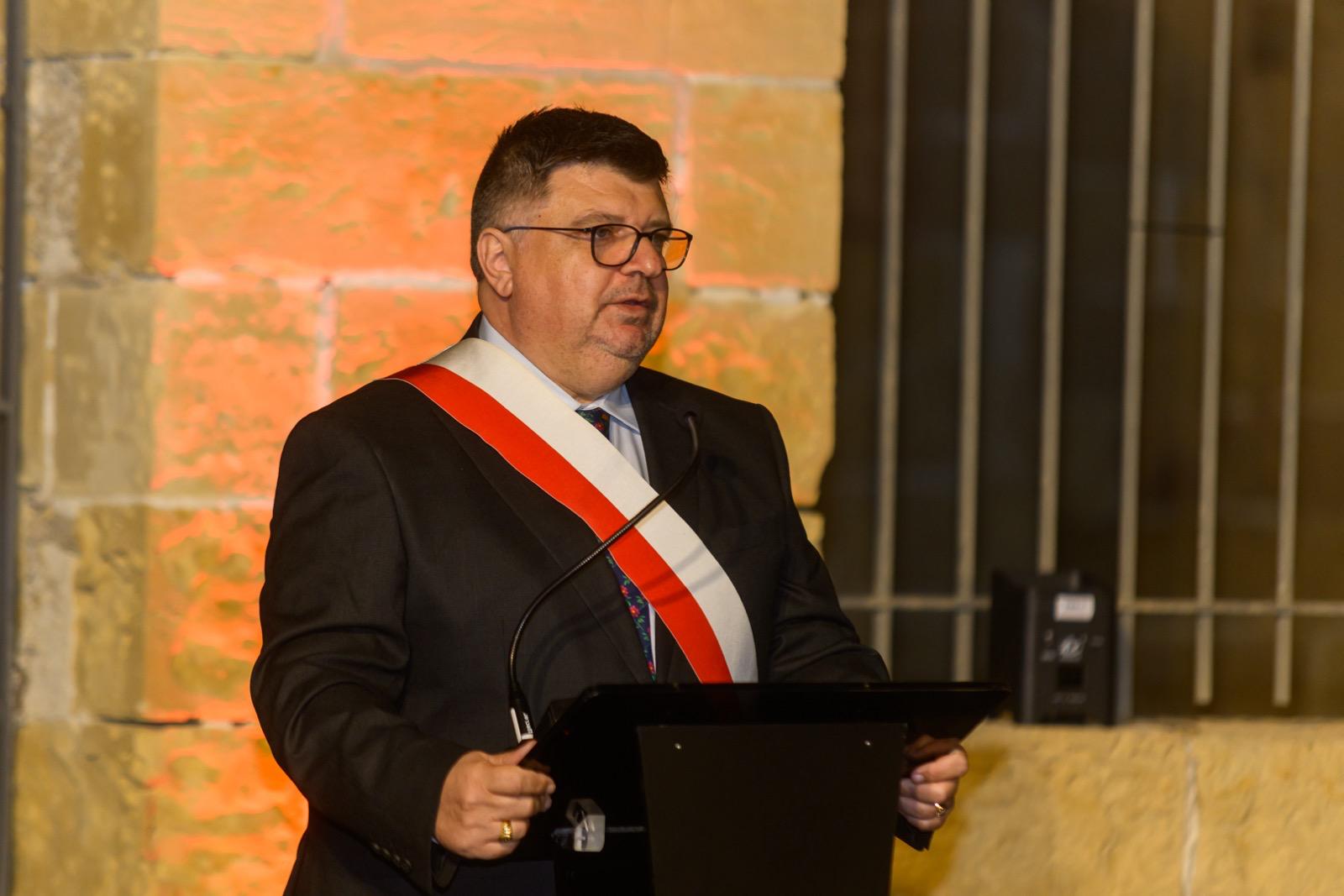





































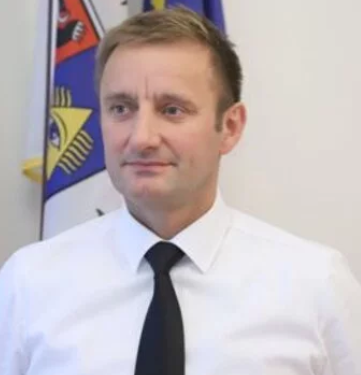


The ENVE Commission for the Environment, Climate Change and Energy is of central importance for the PES Group, as it will notably deal with a substantial port of the consultative work related to the European Green Deal and will thus largely shape the Committee of the Regions’ position on the fundamental transitions which are necessary to make the EU climate neutral by 2050. Climate and environmental criteria will have to be mainstreamed throughout all policy areas, both practically and financially and this in turn requires the need to build capacities at local and regional level on how to implement the green transition and protect biodiversity. From a progressive point of view, it is essential to ensure a just transition so that the implementation of the Green Deal leaves no region and no one behind. The ENVE commission also coordinates activities related to the Covenant of Mayors, involving local and regional authorities in the fight against climate change and for sustainability. The PES ENVE chair is also chairing the Comittee’s horizontal working group on the Green Deal Going Local. The ENVE Commission mirrors the work of several parliamentary committees in the European Parliament, notably ENVI and ITRE. ENVE interacts with different Directorates-General (DG) of the European Commission: Climate Action (CLIMA), Environment (ENV) and Energy (ENER).
The remit of the Commission for Environment, Climate Change and Energy covers the following fields:
- European Green Deal
- Climate Change: Adaptation, Mitigation and Finances
- Environment Policy
- Energy Policy and Trans-European Energy Networks
- Space Policy for Territorial Development (including Galileo and GMES/Copernicus)
Contact person in the PES Group secretariat:
Members













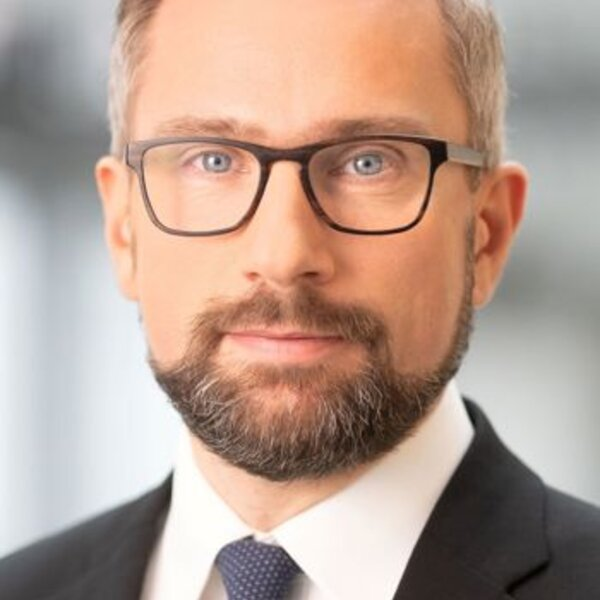
















































From a socialist and progressive perspective, the NAT Commission for Natural Resources has a unique window of opportunity to leverage its cross-sector policy expertise to strengthen the Committee of the Regions’ position on pressing issues such as the depletion of natural resources, the digital divide or ageing population in rural areas. It brings together agriculture, food policy, health, rural, maritime, forest, tourism, consumer and civil protection. The NAT Members can influence policy developments covering the whole food production chain, targeting sustainable land use and benefiting rural and coastal communities, addressing health threats and boosting health promotion and prevention, stimulating maritime and rural economies, maintaining Europe's leadership in sustainable tourism and keeping consumers and citizens safe and protected. Moreover, it will play a fundamental role on the implementation of the ecological transition, mainly by greening the future common agricultural policy.
The remit of the Commission for Natural Resources covers the following fields:
- The Common Agricultural Policy (CAP)
- Rural development
- Maritime policy
- Fisheries
- Public health
- Tourism
- Civil protection
- Forestry
- Food production
- Consumer protection
Contact person in the PES Group secretariat:




















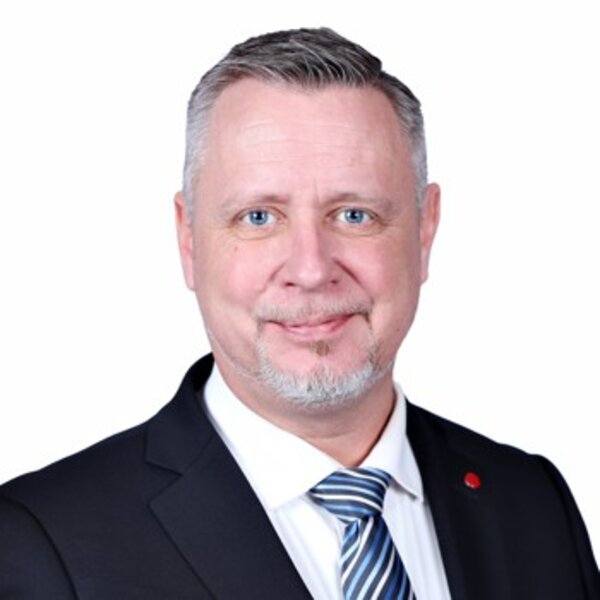





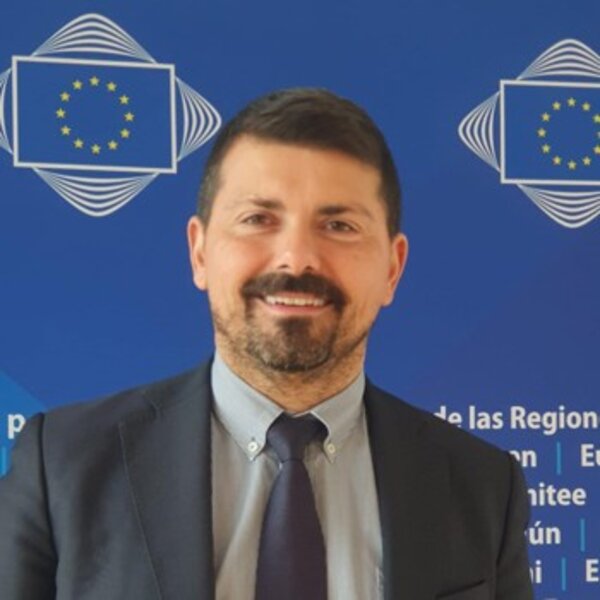












From a socialist and progressive perspective, the SEDEC Commission for Social Policy, Education, Employment, Research and Culture is particularly politically sensitive, as it deals notably with employment, the implementation of the European Pillar of Social Rights, equality and labour mobility. At the same time, the implementation of R&I policies is highly relevant to Socialists, Social Democrats and Progressives since it brings into play social, territorial and economic cohesion. Ethical aspects of Artificial Intelligence are of particular concern to our Group. Moreover, most policies covered by the SEDEC commission, including those related to education and training as well as youth, are central to a just transition that empowers individuals and leaves no person or region behind.
The SEDEC commission mirrors several parliamentary committees in the European Parliament, among which EMPL, FEMM, CULT, IMCO and ITRE. SEDEC also interacts with different Directorates-General (DG) of the European Commission: the DGs for Employment, Social Affairs and Inclusion (EMPL), Research and Innovation (RTD), Communications Networks, Content and Technology (CONNECT), Education, Youth, Sport and Culture (EAC), Justice and Consumers (JUST), Regional and Urban Policy (REGIO) and the Joint Research Centre (JRC).
The remits of the Commission for Social Policy, Education, Employment, Research and Culture cover the following fields:
- Employment Policy
- European Pillar of Social Rights, including Social Policy, Social Protection
- Equality
- Social Economy
- Demographic Change
- Labour Mobility
- Education and Training (including Lifelong Learning)
- Innovation; Research and Technology and smart specialisation
- Bio-economy
- Artificial Intelligence
- EU Information Society, including Trans-European ICT Networks
- Audio-visual Industry and Media Technologies
- Youth
- Sport
- Multilingualism and Promotion of Minority Languages
- Culture and Cultural Diversity and Creativity
Contact person in the PES Group secretariat:
Members


































































Opinions and resolutions
International cooperation
Enlargement countries
Joint Consultative Committee with North Macedonia
The Joint Consultative Committee between the European Committee of the Regions and North Macedonia was set up in 2008. Its purpose is to prepare the ground for North Macedonia's accession to the EU by promoting political dialogue and cooperation between regional and local authorities in the EU and their counterparts in the country.
Members list




















Joint Consultative Committee with Montenegro
The Joint Consultative Committee between the European Committee of the Regions and Montenegro was set up in 2011. It works to reinforce the Committee’s activities promoting greater inclusion of the territorial dimension in the stabilisation and association process for south-eastern Europe and political dialogue between EU local and regional authorities and their Montenegrin counterparts.
Members list




Joint Consultative Committee with Serbia
The Joint Consultative Committee between the European Committee of the Regions and Serbia was set up in 2014 to encourage greater inclusion of the territorial dimension in the stabilisation and association process for south-eastern Europe and strengthened political dialogue with Serbian local and regional authorities.
Members list










Working Group on relations with Turkey
Set up in 2006, the Working Group on relations with Turkey provides the members of the European Committee of the Regions with a mechanism for monitoring accession negotiations with Turkey. It promotes the Committee’s involvement in interinstitutional cooperation while maintaining political dialogue between the EU’s local and regional authorities and their counterparts in Turkey.
Members list






Working Group on relations with the Western Balkans
The Working Group on relations with the Western Balkans (covering Albania, Bosnia and Herzegovina, and Kosovo*) was set up in 2006 and can be used by members of the European Committee of the Regions to encourage greater inclusion of the territorial dimension in the stabilisation and association process for south-eastern Europe and the future accession negotiations with these countries. The Working Group also contributes to the Committee’s involvement in interinstitutional cooperation in this field, while maintaining political dialogue between the EU’s local and regional authorities and their Western Balkan counterparts.
* “This designation is without prejudice to the positions expressed by the EU Member States on Kosovo’s status and is in line with United Nations Security Council Resolution No. 1244/1999 and the International Court of Justice Opinion of 22 July 2010 on Kosovo’s declaration of independence.”
Members list


























The Working Group on Ukraine was created by the CoR Bureau in April 2020 as a continuation of the former Ukraine Task Force, set up in 2015.
The Working Group links up with the European Alliance of Cities and Regions for the Reconstruction of Ukraine.
The Working Group also aims to provide targeted political and technical support to Ukrainian partners at the subnational level on the path towards EU accession, to reinforce local democracy and decentralisation in Ukraine, to promote the integration of Ukrainian refugees in the European Union, and to disseminate humanitarian relief measures.
Members list
Euro-Mediterranean Cooperation (ARLEM)
Euro-Mediterranean Assembly of Local and Regional Authorities (ARLEM)
Launched in 2010, the Euro-Mediterranean Assembly of Local and Regional Authorities (ARLEM) is a permanent political body representing local and regional authorities within the Euro-Mediterranean Partnership.
The Assembly consists of an equal number of delegates on each side (40 from EU and 40 from the southern and eastern Mediterranean partner countries). The Assembly is co-chaired by the president of the European Committee of the Regions (for the EU) and a representative of the southern and eastern Mediterranean partners.
ARLEM has one commission, the Commission for Sustainable Territorial Development, whose role is to produce reports for adoption at ARLEM’s annual plenary session.
Contact
Members list:






































Eastern Partnership (CORLEAP)
Conference of the Regional and Local Authorities for the Eastern Partnership (CORLEAP)
Set up in 2011, the Conference of the Regional and Local Authorities for the Eastern Partnership (CORLEAP) is a platform for regular dialogue between local and regional authorities from the EU and their counterparts in the Eastern Partnership (EaP) countries (Armenia, Azerbaijan, Belarus, Georgia, Moldova and Ukraine).
CORLEAP is co-chaired by the President of the European Committee of the Regions and a representative of the partner countries.
The platform is made up of 36 regional and local politicians, 18 from the Committee and 18 from the six Eastern Partnership countries.
Members list
























